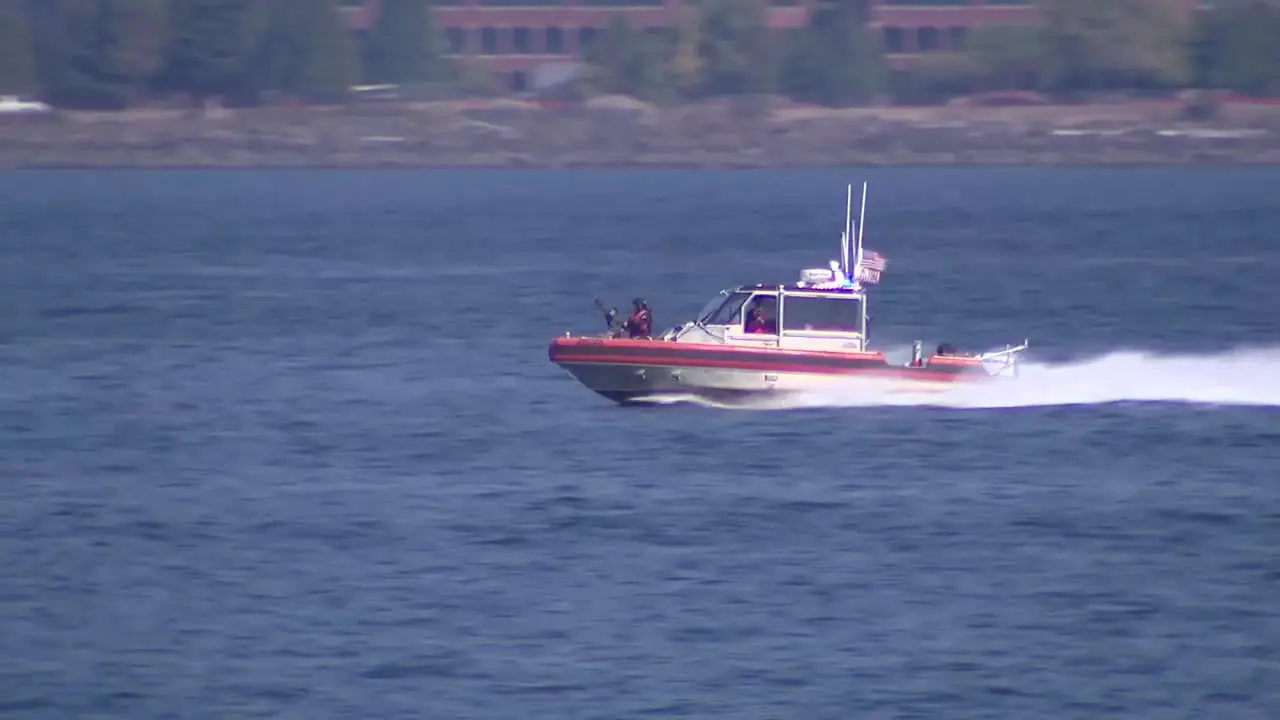The United States Coast Guard is facing intense scrutiny and political backlash after internal policy documents showed it had reclassified swastikas, nooses and other extremist imagery as “potentially divisive symbols,” prompting widespread fears that the service was downgrading its treatment of some of the most notorious hate icons in modern history. The controversy escalated rapidly on Thursday after a report that the Coast Guard would no longer classify swastikas and nooses as hate symbols, triggering condemnation from members of Congress and Jewish advocacy organisations, before senior officials moved to insist that such symbols remain prohibited and would still be treated as serious misconduct.
At the centre of the dispute is a new Coast Guard harassment and hazing policy due to take effect on 15 December. According to excerpts from the November 2025 policy document, reviewed by multiple outlets, the guidance introduces a new category of “potentially divisive symbols and flags” and explicitly names a noose and a swastika among them. One passage states that “potentially divisive symbols and flags include, but are not limited to, the following: a noose, a swastika, and any symbols or flags co-opted or adopted by hate-based groups as representations of supremacy, racial or religious intolerance, or other bias.” Another section confirms that “the terminology ‘hate incident’ is no longer present in policy,” with conduct previously handled as a potential hate incident now to be recorded as “a report of harassment” where an aggrieved individual is identified.
Those changes mark a clear departure from a February 2023 Coast Guard policy, which had listed “a noose, a swastika, supremacist symbols, Confederate symbols or flags, and anti-Semitic symbols” as examples of imagery whose display “would constitute a potential hate incident” because such symbols had been adopted by hate-based groups as markers of supremacy and bigotry. The shift in language, from explicit “hate incident” classification to the broader and more neutral term “potentially divisive”, has fuelled concerns that the bar is being lowered for how the service recognises and records racist or antisemitic conduct within its ranks.
The Coast Guard is a military service branch that sits under the Department of Homeland Security rather than the Pentagon, but it is regarded as part of the US armed forces and has historically modelled many of its personnel policies on wider defence guidance. The new policy comes in the context of a broader effort by the Trump administration to revisit hazing, bullying and harassment rules across the military, with Defence Secretary Pete Hegseth previously ordering a review of definitions he argued were “overly broad” and damaging to combat readiness and trust. Within the Coast Guard, the new harassment framework also introduces a 45-day deadline for personnel to report incidents, a time limit that critics say could deter reporting, particularly during longer sea deployments, and in practice create impunity for some offenders.
